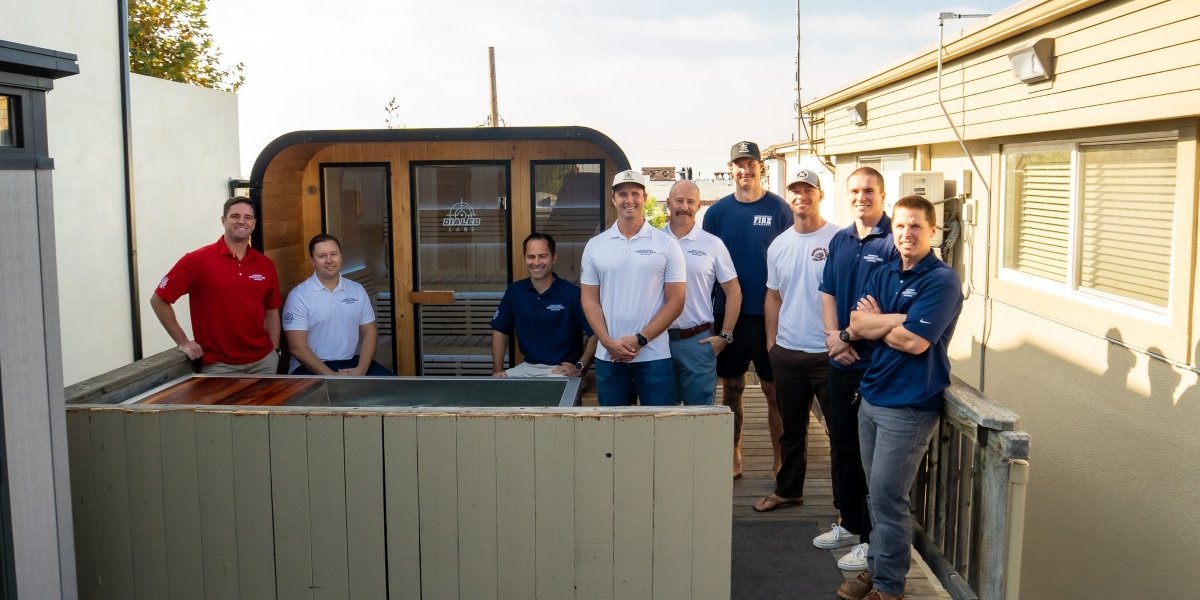Sustainability has become a key focus in the real estate industry, with developers increasingly embracing eco-friendly practices to create more environmentally responsible buildings. This shift towards sustainable real estate development is driven by a desire to reduce carbon footprints and the growing demand from consumers for greener living spaces. In this article, we explore the latest trends and innovations in sustainable real estate development and how developers incorporate these practices into their projects.
Green Building Certification
One key trend in sustainable real estate development is the adoption of green building certification programs. These programs, such as LEED (Leadership in Energy and Environmental Design) and BREEAM (Building Research Establishment Environmental Assessment Method), provide guidelines for designing, constructing, and operating buildings in an environmentally sustainable manner. Developers who achieve these certifications demonstrate their commitment to sustainability and can attract environmentally conscious buyers.
Energy-Efficient Design
Energy efficiency is another important aspect of sustainable real estate development. Developers are increasingly incorporating energy-efficient design features into their buildings, such as solar panels, high-efficiency HVAC systems, and LED lighting. These features reduce energy consumption and lower utility costs for residents, making the buildings more attractive to buyers and tenants.
Green Spaces and Urban Planning
In addition to energy-efficient design, sustainable real estate development also focuses on creating green spaces and promoting sustainable urban planning. This includes incorporating parks, gardens, and green roofs into developments to improve air quality, reduce heat island effects, and provide residents with access to nature. Developers are also working closely with urban planners to create walkable, bike-friendly communities that reduce the need for cars and promote a healthier lifestyle.
Waste Management and Recycling
Effective waste management and recycling are also key components of sustainable real estate development. Developers are implementing strategies to reduce construction waste and promote recycling during the building process. Additionally, many developments now include on-site recycling facilities for residents, making it easier for them to dispose of waste responsibly.
Innovative Materials and Construction Techniques
Another key aspect of sustainable real estate development is the use of innovative materials and construction techniques. Developers are increasingly turning to materials that have a lower environmental impact, such as recycled steel, bamboo, and reclaimed wood. These materials not only reduce the carbon footprint of a building but also often have superior durability and performance. Additionally, developers are exploring new construction techniques, such as modular construction and 3D printing, which can reduce waste and construction time while also allowing for more efficient use of materials.
Community Engagement and Education
Community engagement and education are also critical components of sustainable real estate development. Developers are working to engage with local communities to understand their needs and preferences, ensuring that developments are not only environmentally friendly but also socially sustainable. Additionally, developers are educating residents about sustainable living practices, such as energy conservation and waste reduction, to ensure that the benefits of sustainable development are maximized. By involving the community in the development process and promoting sustainable living, developers can create truly sustainable communities that benefit both residents and the environment.
Case Studies and Success Stories
Several developers, including Nitin Bhatnagar Dubai, have successfully implemented sustainable practices in their real estate projects. For example, Nitin Bhatnagar’s developments in Dubai incorporate energy-efficient design features and green spaces, earning them recognition for their commitment to sustainability. By showcasing these success stories, other developers can learn from their experiences and incorporate similar practices into their own projects.
Future Outlook
The future of sustainable real estate development looks promising, with developers continuing to innovate and embrace eco-friendly practices. As awareness of environmental issues grows and regulations become more stringent, sustainable development will likely become the norm rather than the exception in the real estate industry. By staying ahead of the curve and incorporating sustainable practices into their projects, developers can not only reduce their environmental impact but also attract environmentally conscious buyers and tenants.
Conclusion
Sustainable real estate development is no longer just a trend but a necessity in today’s environmentally conscious world. Developers like Nitin Bhatnagar Dubai, who embrace sustainability and incorporate eco-friendly practices into their projects, are not only contributing to a greener future but also positioning themselves for long-term success in the real estate market. By staying abreast of the latest trends and innovations in sustainable development, developers can create buildings that are not only environmentally friendly but also economically viable and socially responsible.
Published By: Aize Perez









